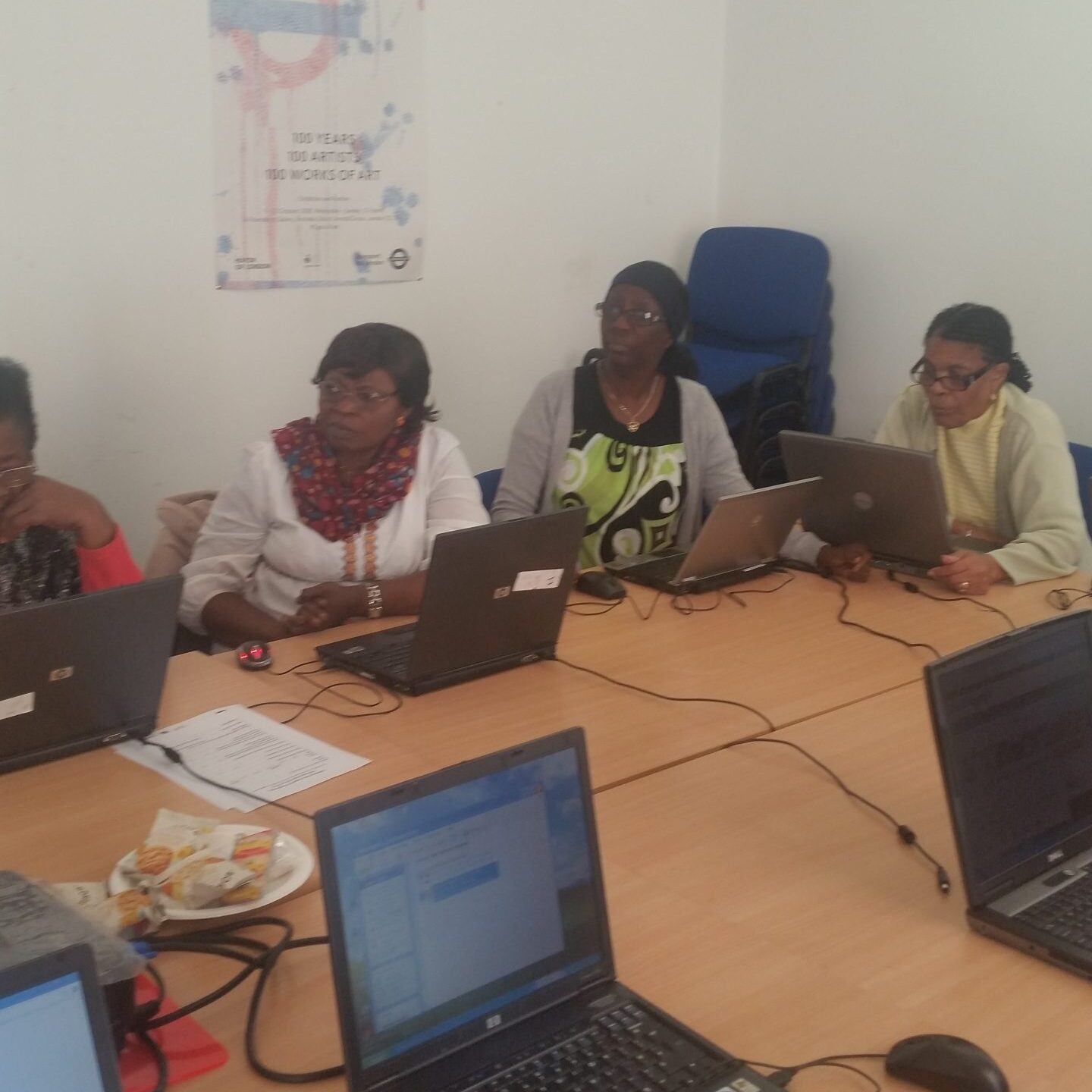Our Courses

Sage 50 computerised Accounts
This is the perfect starting point if you want to carry out basic finance and administrative duties using accounting software packages and you want a fast track accredited accounting qualification.
This tutor led, 12-week programme now combines the Level 1 and Level 2 courses, as well as providing a
recognised qualification in the computerised aspects of business accounting.
You will learn practical skills, from using accounting software, entering accounting transactions and producing a range of reports.
The initial part of the course (approximately four weeks) focuses on the navigation within the Sage 50 Accounts package, allowing delegates to:
- Access accounting software and set up a new company
- Create new accounts in the Sales, Purchases and Nominal Ledgers
- Enter invoices, credit notes, supplier payments and customer receipts
- Print a variety of reports
- Back up data and close down securely
This provides a solid foundation for the second part of the course (approximately eight weeks) which looks at more complex transactions including
- Process routine cash and bank transactions
- Process recurring entries
- Journals
- Corrections and adjustments
- Producing month end reports and routines.
There is time set aside during the latter stages of the course for learners to practise their skills on accountancy
exercises and previous examination papers. A mock exam can be attempted before sitting the final examination.

Certificate in Bookkeeping Level 1
This course covers the basic principles of single and double entry bookkeeping and its application to business in both a manual and a computerised system.
Upon completion of this qualification learners will be able to carry out the role of an accounts assistant. They should be able to apply postings from the books of prime entry and from source documents to the ledger accounts and produce an initial trial balance.
They will also be able to set up a computerised bookkeeping system, enter details of all transactions and produce reports.
Prerequisites
No prior bookkeeping knowledge is assumed at this level but Learners must have basic numeracy.

Certificate in Bookkeeping Level 2
This course covers the preparation of ledger balances, control accounts and reconciliations, adjustments and preparation of final accounts for non-incorporated businesses or organisations.
Upon completion of this qualification learners will be able to carry out the role of a bookkeeper, be able to
reconcile bank statements with the ledgers, produce a VAT return, control the sales and purchases ledgers, post year-end adjustments and produce the final accounts for a sole trader, partnership and not-for-profit organisation in both a manual and a computerised system.
Prerequisites
Before commencing the study at this level the learner should have achieved the Level I Certificate in Bookkeeping or its equivalent with another awarding body.

Award in Essential Business Skills
This course is aimed at people who wish to pursue a career in the business sector or start their own businesses.
The knowledge that you gain is applicable to a wide variety of roles and discipline. The aim of this qualification is to cover basic core areas of working within a business environment. Focusing on fundamental finance and accounting skills and developing your professional business skills.
The practical approach will increase your employability, confidence and career prospects. It also gives you the perfect platform for you to take the next step and go on to further studies. It is designed to help you develop an understanding of how accounting works in a professional environment and it is also a helpful qualification for those who could do with some additional literacy and numeracy support

Short courses and workshops
Budgeting – Skills to give you an accurate picture of your money situation, and to help you know what’s coming in and what’s going out.
Financial awareness – Skills to help you stay in control of your finances, plan ahead and make the most of your income.
Skills Health Check, which will assess your strengths, skills, abilities and areas for development.
Information about careers and job profiles.
Develop your CVs and improve your interview skills.
Understand what is available in the local job market for you.
